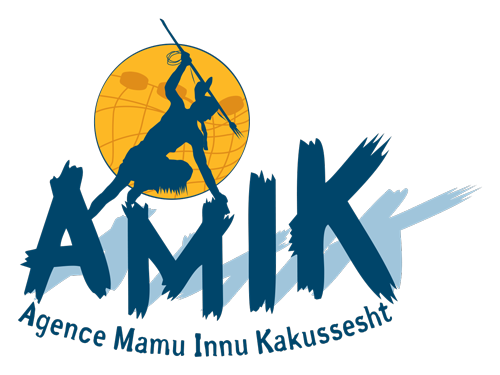The main objective of this project was to create an educational tool providing Aboriginal fishermen with information on the endangered species they observe or accidentally catch during their activities: their situation, their identification and the correct behaviours to adopt in their presence.
To encourage participation, the educational material was developed in a way as to minimize the work required on the part of the fishermen (i.e.: reporting, observation data collection, etc.) Produced as a co-partnership with the Réseau d’observation des mammifères marins (ROMM), the project led to the creation of 70 easy-to-use information and data collection kits. These kits allowed fishing vessels in the nine participating communities to have fish by-catch declaration material on-hand and facilitate the reporting of exceptional observations of rare species. The data collection methods were designed to be highly efficient and user friendly so as to hold the fishermen’s interest and ensure their continued implication in the project. Only the observation data for rare species was collected (i.e.: right whale, leatherback turtle, blue whale, spotted wolffish, wide-head wolffish, Atlantic wolffish, polar bear and walrus.) Most fishermen collected data, essential to acquiring knowledge on the targeted endangered species, only a few times per year.
Financial Partners: Aboriginal Fund for Species at Risk
Partners: Réseau d’observation des mammifères marins (ROMM), Amphibia Nature
Project Manager: Soazig Le Breton
